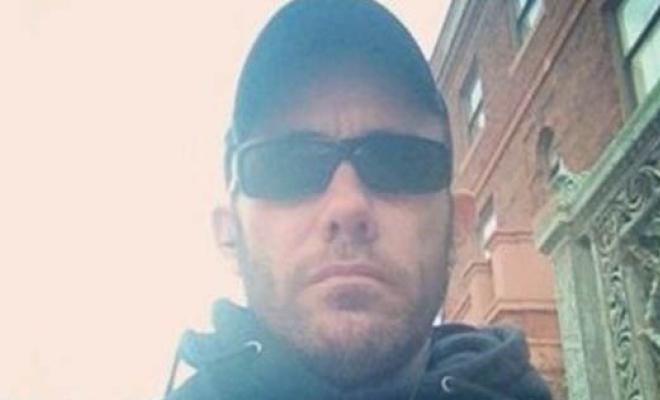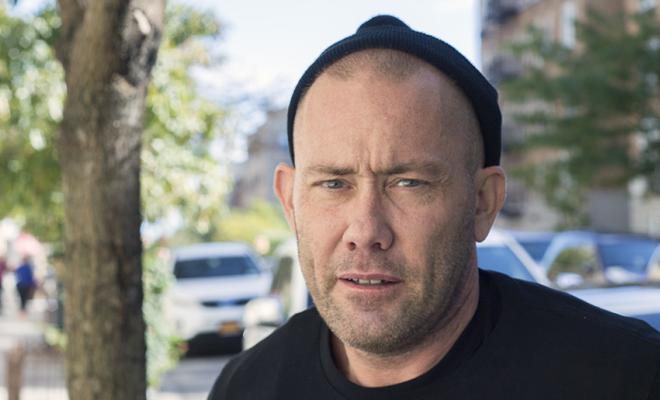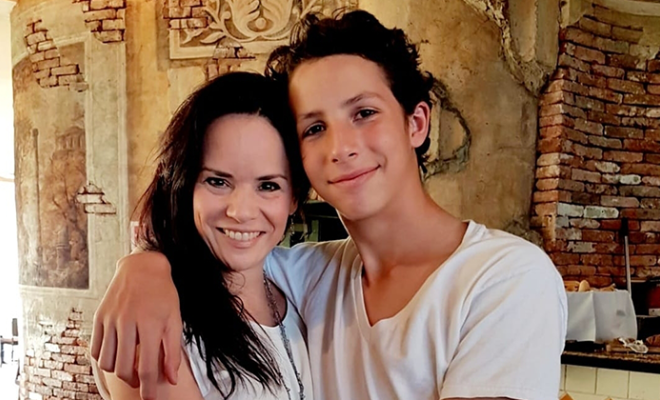When I was 26, my life looked great from the outside. I lived in New York City, taught high school, was in a great relationship, had a lot of friends and enjoyed an active social life. I had cystic fibrosis, but how often I did my daily treatments depended on the intensity of my symptoms, and the only reason I ever did them more often was to keep up with my friends. I didn't talk much about CF with my friends. They knew I had a disease with two letters, but could never remember which two. I was embarrassed, ashamed and confused about having CF.
By 28, many things had changed -- mainly my health. I was in and out of the hospital. I had to stop working because I was not taking care of myself. I had broken up with my boyfriend and I spent a lot less time with my friends. My world had been turned upside down. What I didn't realize was that I was depressed.
I didn't know that the symptoms of depression are similar to those of a CF exacerbation -- tiredness, lack of motivation and not taking care of myself are symptoms of each illness, and one can lead to the other. After my second tune up in three months, I was still tired and felt empty and flat. Usually I left the hospital after two weeks of IVs feeling energetic and ready to get back to my life. This time, daily activities were an effort, I had no appetite and watched TV all day. I stopped showering and answering the phone. I did not do my treatments.
I started oral antibiotics, but after two weeks with no improvement, I figured I would have to go back in the hospital. I worried that I was starting the downward slide of CF. Then my doctor asked me if I was depressed and I recoiled. Depression was for morose people who felt sorry for themselves. I assured her I was not depressed, but I worried she might be right.
When my health crashed again, I tried to keep a happy exterior by saying I had kept up with my treatments and chest PT. But my doctor saw through the facade and brought up depression again. Knowing it was the moment of truth, I said, “My health sucks. I am not doing my treatments. I have no motivation to do them. I am having a hard time doing anything.” My doctor said that it sounded like I was experiencing depression, and I finally admitted it. "I guess I am," I said. I wish I could say acknowledging it made me feel better at that moment, but it didn't.
I felt crushed and confused. I did not want another illness. But, admitting I had depression began my journey with mental health.
A psychiatrist prescribed me an antidepressant, and I gradually felt better. I had more energy and started to take care of myself. My ideas of depression began to change, too. I thought depression was being sad, but I wasn't sad. I didn't really feel anything. But I learned that depression is a profound emptiness that robs one of pleasure, energy and emotional connection. Slowly, I began to see depression as an illness.
Treatment for depression has two parts -- medication and talk therapy. The medication was working. Now I had to start talking, including talking about CF. I resisted at first, but slowly opened up. Accepting my CF had been difficult. My feelings ranged from fear to anger to confusion to sadness. I had watched my older sister die from CF. I never talked about it, but mainly I felt guilty. Gradually, I was able to overcome being ashamed of having depression and CF.
This is a selfie I took three years ago. A friend suggested I take it to remind myself what I look like when I am depressed.
With treatment, my life changed for the better. Happiness and laughter returned. I started teaching again. Since then, I've had ups and downs with depression and CF. It can be difficult to know if I am depressed or having a CF exacerbation. I have to look at myself. Do I feel empty and alone? Do I have any inflection in my voice or am I monotone? It is not black and white and I need my care team to help me figure it out sometimes.
I now treat my depression as part of my life. I see my CF doctor and my psychiatrist regularly. I know that if I don't treat my depression, I won't take care of myself. I don't love having CF or depression. The good news is that there is treatment, and it starts with not trying to deny either illness. Rather, I talk openly about CF and depression. My life is different from those of my friends. But, I know I am not alone.






